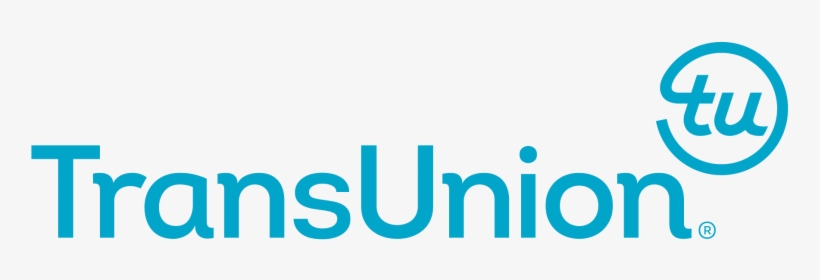By Tshepo Leroy Dube
Pronounced as (eee kee guy) .
Ikigai: A personal, process of finding your true purpose in life. The process of truly understanding what you are good at. What you truly love. How you feel when you are doing what you love. Knowing, how you start your day everyday affects/defines, how your day will look like for the next 24 hours. In a nutshell it is a journey of discovering your balance through stages and phases of your life.
Now there are four stages of this flow-state process, to identifying your ikigai.
- Doing things that you are good at
- Doing things that you love to do
- Doing what the world needs
- Doing what generates money
Now the trick is finding a balance between these four stages in order to find your true level of ikigai.
- What you good at + what you love = passion
- What you love + what the world needs = mission
- What you can get paid for + what the world needs = vocation
- What you’re good at + what you can be paid for = profession
Without all four of these in motion at the same time you have not reached ikigai. Another way to look at how it works, picture four pillars. These four pillars, hold your purpose of being up and keep it at balance. The moment you remove any one of the four, the entire flow-state crumbles. So ideas such as retiring become non existent because what you’re doing is so fulfilling. Therefore with each stage and step of your life you are able to adjust it into your circumstance and able to face any hurdle / obstacle, that is placed your way. You are never certain which curve ball life will throw at you, nevertheless your flow-state is prepared for such situations and this too can be said for ones business.
Finding ikigai is not something that comes lightly as it requires you to dig deep and do a little bit of soul searching, while grasping your strengths and weaknesses. Understanding that your past and future are filled with attainments of growth. When you’re at your bliss, to remember the lessons learnt on your bad days. When you’re dealing with bad days it is ideal to understand that good days are coming. You just have to be patient and understand that life is a balance of every emotion. The journey is finding a true balance within your chaos and success, this is the state of ikigai.
It is fairly easy to speak about successes but, it’s very difficult to talk about our failures. With ikigai flow-state you’re suppose to see the bigger picture in your flaws as much as in your successes that balance is what fore fills your fuel to keep doing what you’re doing when you see the right results. It is the process of taking care of you’re self physically mentally
About Us
 The Northern Business Review is a business community newspaper that provides a platform for businesses to market their products and services, as well as build their brand, but equally important the publication provides information, advice and topics of interest, including business, entrepreneurial, economic reviews and simple ideas to grow your business. The publication has a primary objective to “uniquely” represent businesses to a wide audience across the community as well as provide a media platform of business articles and information that affect, influence and uplift the business environment within our defined geographical and cultural community.
The Northern Business Review is a business community newspaper that provides a platform for businesses to market their products and services, as well as build their brand, but equally important the publication provides information, advice and topics of interest, including business, entrepreneurial, economic reviews and simple ideas to grow your business. The publication has a primary objective to “uniquely” represent businesses to a wide audience across the community as well as provide a media platform of business articles and information that affect, influence and uplift the business environment within our defined geographical and cultural community.
Recent Posts
- The HUAWEI MatePad T 10s 64GB: the ideal tablet for families
- TIGER BRANDS CULINARY DIVISON PARTNERS WITH BACARDI HOLIDAY CLUB FESTIVAL AS THE OFFICIAL FOOD SPONSOR
- Prevent the silent onset of chronic kidney disease. Here’s how
- 15-minute neighbourhood trend on the rise across SA
- 3Sixty Biopharmaceuticals enters into a sales and distribution agreement with Adcock Ingram’s OTC division













